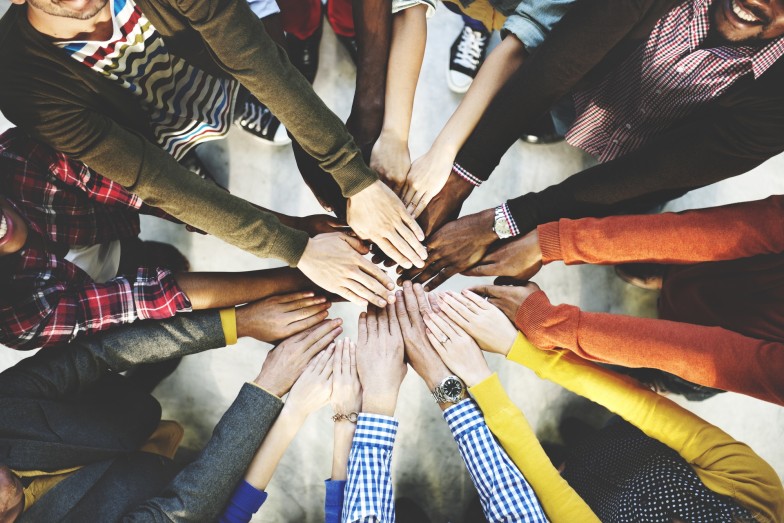
Quarantine Kindness: What We Learned to Appreciate During Lockdown
During the global pandemic, we came to appreciate a lot, including the different forms of quarantine kindness.
Quarantine kindness taught us a lot about humanity as a whole.
As the Dalai Lama once said, “Be kind whenever possible. It is always possible.” The importance of kindness — the quality of being friendly, generous and considerate — should not be underestimated in today’s society. Even Darwin, who studied evolution of the human race, confirmed that caring for others is fundamental and instinctual.
There’s personal benefits too. According to mentalhealth.org, people who are kind and compassionate see clear benefits to their own wellbeing and happiness. Being kind also reduces stress and can help people live longer. A win win!
The phrase was introduced to the mainstream consciousness by Anne Herbert in Sausalito, California, when she wrote, “practice random kindness and senseless acts of beauty” on a placemat in 1982 (a spin on the common phrase "random acts of violence and senseless acts of cruelty.”)
Ever since, humanitarian groups, charity organizations and volunteers have embodied the premise with selfless acts, and there’s even a World Kindness Day celebrated annually on November 13 to foster the idea of ‘paying it forward.’
While the world grappled with the effects of COVID-19, we saw genuine, heartfelt news stories about neighbors and strangers alike helping one another with their own versions of random acts of quarantine kindness.
The virus shook the world to its core but it simultaneously brought humility and humanity to the forefront. Here are some good news stories that kept our faith during lockdown and ones that we will be sure to remember as the world starts turning again.

Helping the vulnerable
Virtually every small town and large city formed some type of organization or effort to ensure the elderly and vulnerable populations could have access to groceries and supplies without having to venture out to the store. Grocery stores, both independent and nationwide chains, also adjusted their opening hours to allow certain groups to shop safely before the doors were open to the general public. Small businesses such as restaurants forced to temporarily shutter also prepared free ‘care packages’ for society’s most in need.

Rehoming pets
People turned out in their droves to foster animals as shelters were forced to close during the pandemic. One shelter even said that monthly applications to temporarily home a pet surged from 150 to 3,000. As demand was at “an all-time high,” several shelters said they had actually run out of available cats and dogs to foster for the first time ever.

The kind hearted landlord
Mario Salerno, a Brooklyn, New York landlord, canceled rent for hundreds of tenants in his 18 residential buildings. As it was estimated that up to 40% of renters in New York City would not be able to make rent due to job losses, Salerno’s move made headlines all over the city (perhaps hopefully inspiring other landlords to follow suit.) When announcing his decision to his approximately 300 tenants, Salerno put up adorable signs in each building that read, “Stay safe, help your neighbors & wash your hands!”

Community
Nationwide, we saw uplifting instances of togetherness, which likely were lifelines for anyone struggling with loneliness and isolation. From socially distanced neighborhood concerts, the 7pm frontline workers cheer, and virtual dance parties hosted online, people went above and beyond to stay connected with each other in innovative ways that we’re calling quarantine kindness.






